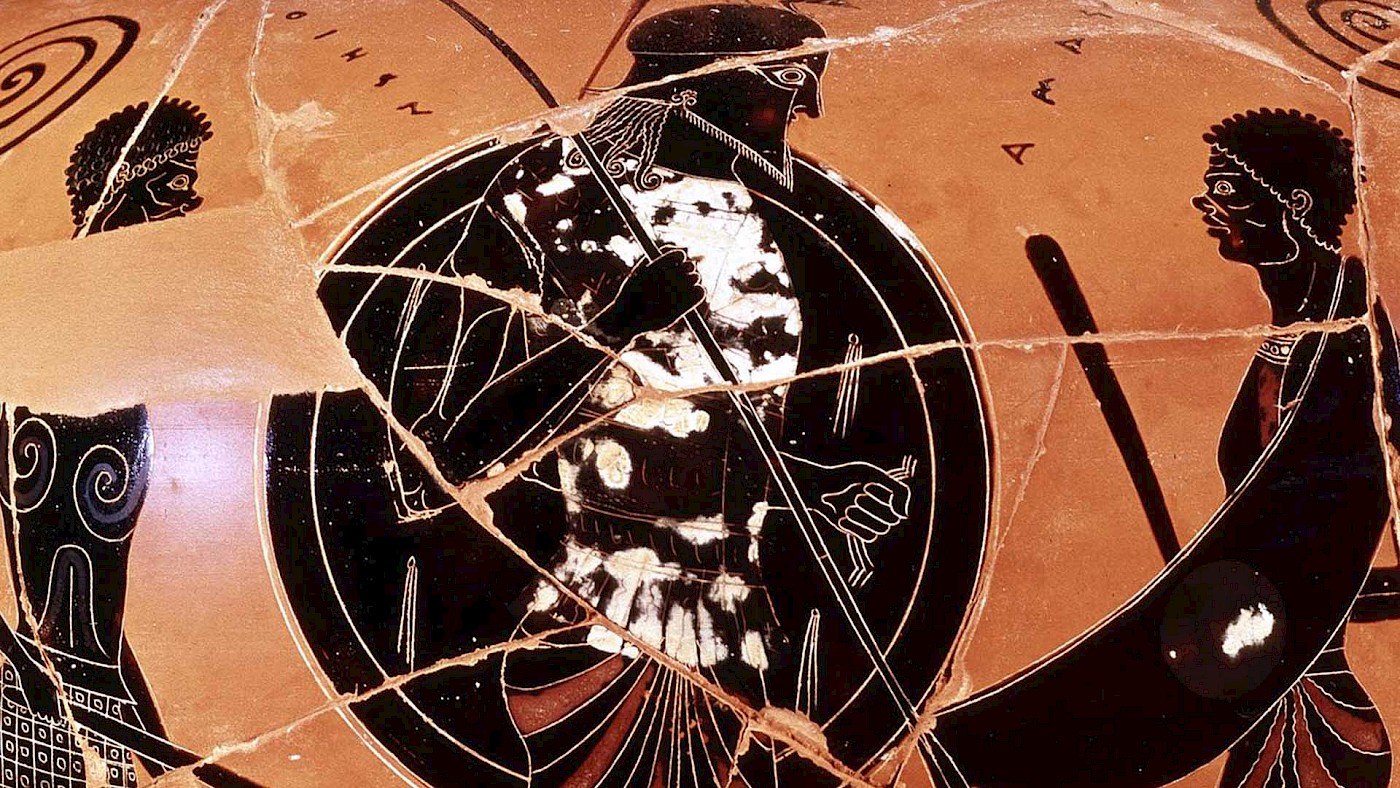Part of our reasoning for founding and continuing to build Ancient World Magazine is that readers deserve access to interesting, digestible articles without a paywall or any other barrier to access. We feel that our work has generally been successful. But, there is always more that can be done and new avenues of antiquity that we can explore with you. One of the most neglected of these is the intersection of the ancient Mediterranean world with the African diaspora (i.e. Black communities).
This is – of course – not to say that nobody is working at the intersection of these two topics. That is actually far from the truth. Foundational work was done decades ago, notably in the work of Frank M. Snowden, Jr. His book, Blacks in Antiquity: Ethiopians in the Greco-Roman Experience, is still important reading. Martin Bernal’s flawed yet widely read series of studies on the role of Africa in ancient Greek society, Black Athena: The Afroasiatic roots of Classical Civilization, while received well outside the discipline led many scholars within it to steer clear of the question for decades. However, the topic languished in many ways, taking a backseat to most other aspects of ancient world studies.
In recent years, though, there has been an uptick in research on this intersection, with countless excellent pieces coming out. One of the most prolific sources of this was another open-access publication, which has sadly ended its run, called Eidolon. You can find many extremely important articles on race and Classics in this collection. But many other scholars have been continually working in this field, and critical questions regarding race, racism, and the ancient world have started to be asked.
The practical importance of this work can be easily found in publications like Pharos and Bad Ancient. The Classical world has been usurped by white supremacists and other types of exclusionary groups throughout the world. Much of this is rooted in the belief that the Mediterranean of antiquity was a white space, home to white states, and the birthplace of “Western Civilization”. Of course, none of these are true, except that it was the inspiration for the later xenophobic concept of Western Civilization. The ancient world was extremely diverse, perhaps not that different from the globalizing world of today.
And in this space were many people who would not be described as “white” today. No one in antiquity would have described themselves in this way to begin with. Denise Eileen McCoskey put it succinctly:
there is simply no evidence that the ancient Greeks or Romans collectively considered themselves “white” nor that they engaged in any kind of group identification as “white” with others in the space of what is Europe today.
It is only in the post-antique imagination that there were some sort of racial ties between “white Europeans” which made them unique from people who looked different. Of course, this does not mean that the ancients were “colorblind”. We see evidence throughout the corpus of ancient texts and material culture to the contrary. However, what we do not find is evidence that suggests the Greeks and Romans tied characteristics such as skin color to racial stereotypes such as intellectual deficiency (Gruen 2011, pp. 197-220).
Nevertheless, thanks to a long history of racialized reception of the ancient Mediterranean world, there is a stubborn strain of bigotry in both the study and popular perception of the subject. Whether we see this as a problem caused by things like the deceptive whiteness of ancient statuary or a simple misunderstanding of the ancient world, these perceptions must be changed. To do this, though, will take an incredible effort, and no one person or group could ever hope to achieve it on their own. But, we are trying to contribute at least a small part to this through our Black History Month series.
Over the next four weeks, we will publish a small number of articles dedicated specifically to Black History Month (February in the United States and Canada). These will look at topics such as the reception of antiquity by Frederick Douglass, a prominent abolitionist and one-time slave, and the portrayal of black persons on pottery discovered in central Italy.
Although a very minor contribution, we do hope that we can play some role in reversing the harmful and dangerous notions of a white antiquity. Because unless we confront the problems caused by the misunderstanding and misappropriation of the ancient Mediterranean, we are – to paraphrase Rebecca Futo Kennedy – condoning it by our silence.
I hope you will join us in celebrating Black History Month in your own way and will enjoy the articles we are publishing! And I urge all of our readers to explore the collection of Eidolon articles linked to earlier.
Further reading
- Erich S. Gruen, Rethinking the Other in Antiquity (2011).
- Frank M. Snowden Jr., Blacks in Antiquity: Ethiopians in the Greco-Roman Experience (1970).
